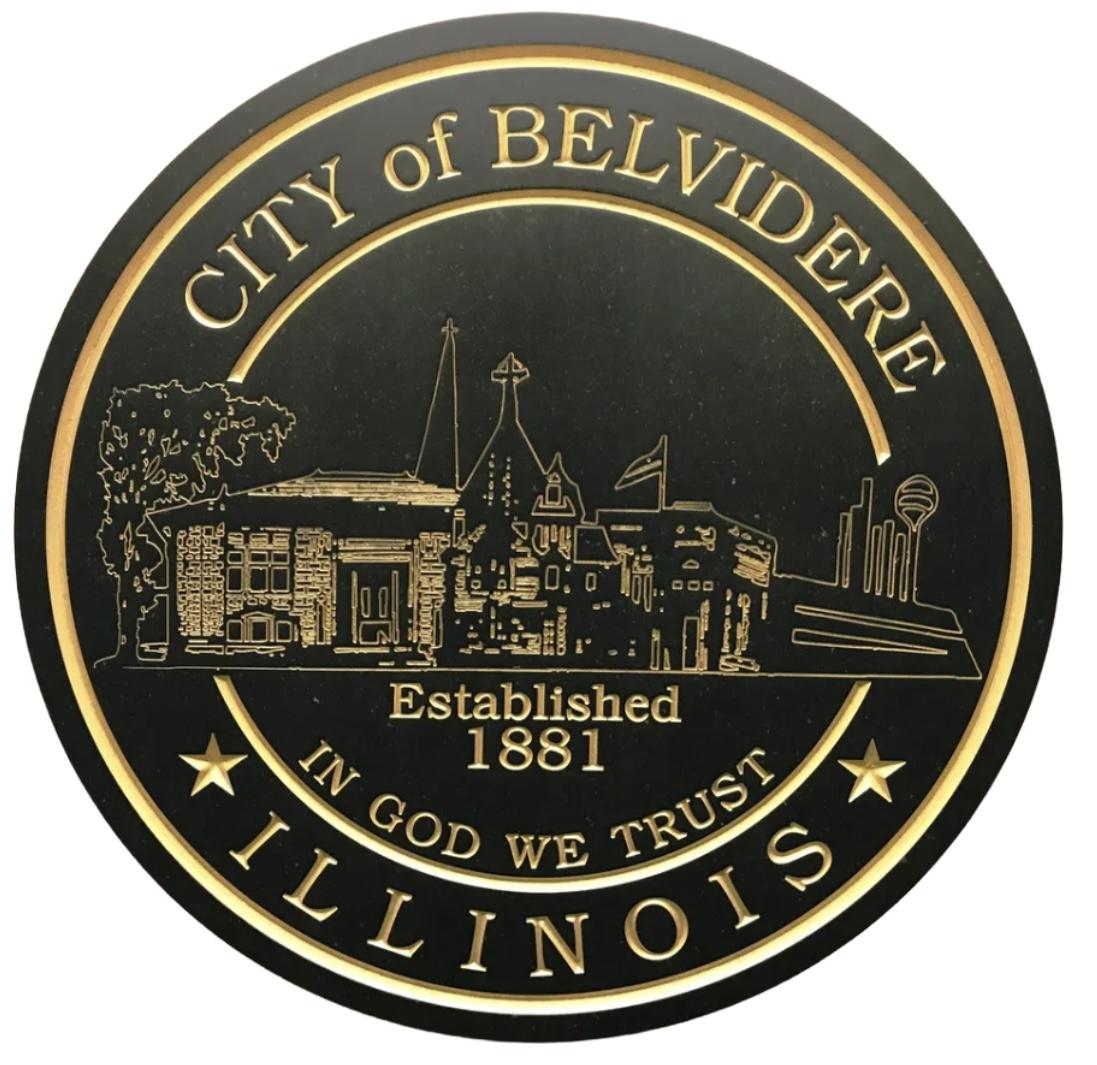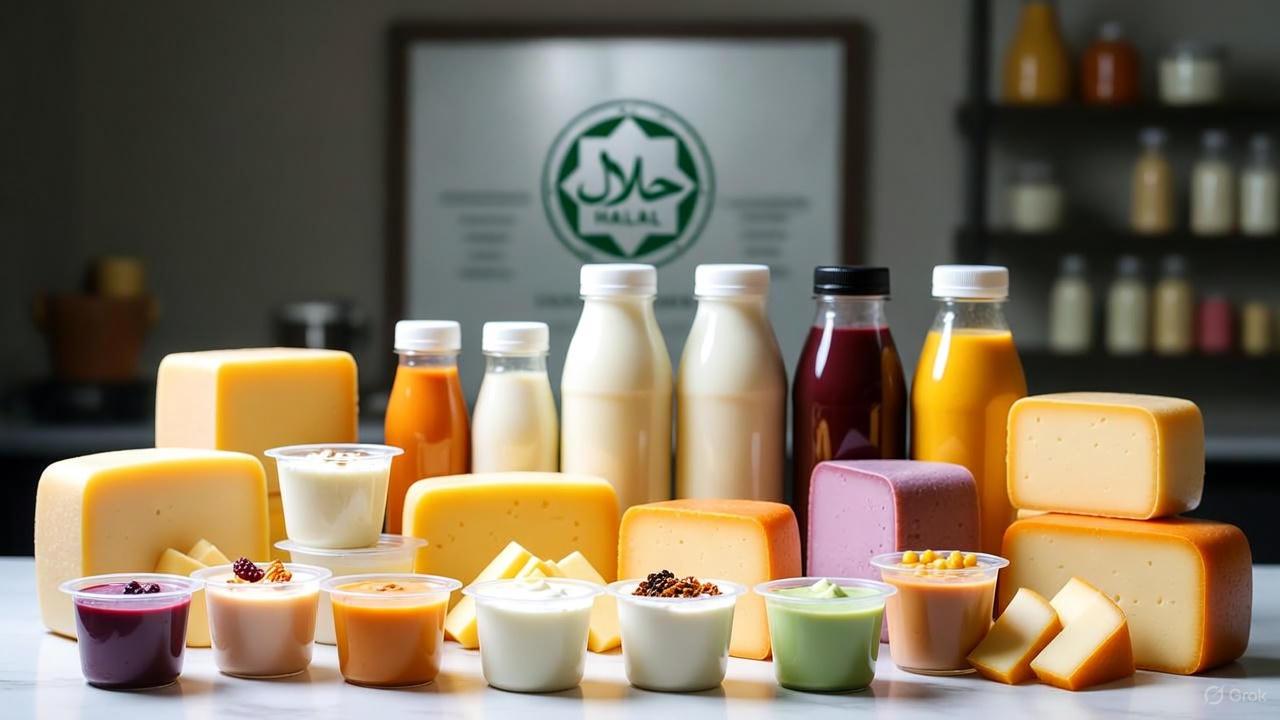The demand for halal-certified products continues to surge across North America, particularly in the dairy sector. Muslims and health-conscious consumers alike are actively seeking products that meet strict Islamic dietary standards. If you're a retailer, distributor, or business owner looking to expand your halal product line, understanding the certification process and sourcing verified suppliers is essential.
Why Halal Certification Matters for Dairy Products
The dairy industry faces unique challenges when it comes to halal compliance. Many conventional dairy products contain additives, enzymes, or processing methods that may not align with Islamic dietary laws. Halal certification for milk in USA has become increasingly important as the Muslim population grows and consumer awareness expands.
Halal certification ensures that every ingredient, additive, and processing method complies with Shariah law. This includes verifying that enzymes used in cheese production come from permissible sources, that animals are slaughtered according to Islamic guidelines, and that no cross-contamination occurs during manufacturing.
For businesses selling dairy products, obtaining proper certification isn't just about compliance—it's about building consumer trust and accessing new market segments. Retailers who stock halal certification for dairy products see increased sales and customer loyalty, particularly within Muslim communities.
Understanding Halal Cheese Certification Requirements
Cheese production involves complex processes that require careful scrutiny for halal compliance. The primary concern involves rennet—the enzyme used to coagulate milk. Traditional rennet derived from non-halal animal sources creates complications.
Halal cheese certification requires manufacturers to use plant-based or microbial rennet alternatives, or rennet derived from halal-slaughtered animals. Additionally, the halal dairy certificate must verify:
- Source and treatment of milk animals
- All additives and processing aids used
- Equipment cleanliness and cross-contamination protocols
- Storage and transportation methods
- Facility compliance with halal standards
Many mainstream cheese producers have reformulated their products to meet these requirements, recognizing the lucrative halal market opportunity.
The Process Behind Halal Dairy Certificate Issuance
Obtaining a halal dairy certificate involves several critical steps. First, manufacturers must submit detailed documentation about their entire production process. This includes ingredient lists, supplier information, and facility layouts.
Certification bodies then conduct on-site audits to verify compliance. Inspectors examine equipment, storage areas, and production records. They verify that no prohibited substances enter the production line and that employees understand halal requirements.
The certification isn't permanent—it requires regular audits and recertification to ensure ongoing compliance. This rigorous oversight protects consumers and maintains the integrity of the halal label.
Sourcing Verified Halal Dairy Products for Your Business
When sourcing products, businesses must prioritize suppliers with recognized halal certification for cheese from reputable certification bodies. Third-party verification from established organizations carries significantly more weight than internal claims.
Look for suppliers who can provide:
- Valid halal certificates with expiration dates
- Documentation of their certification body's credentials
- Detailed ingredient and sourcing information
- Evidence of regular audits and compliance checks
- References from other retailers or distributors
Building relationships with certified suppliers ensures consistent product quality and protects your business from liability issues. Customers increasingly verify certifications independently, so transparency becomes a competitive advantage.
Market Opportunities in Halal Dairy
The halal dairy market presents substantial growth opportunities. With approximately 1.8 billion Muslims worldwide and growing health consciousness among all consumers, demand for certified products continues climbing.
Halal certification for milk in USA markets has opened doors for major dairy companies to expand their portfolios. Smaller producers and boutique cheese makers are also capitalizing on this trend, creating premium halal-certified options that command premium prices.
Retailers who stock diverse halal dairy selections attract new customer bases beyond traditional Muslim markets. Health-focused consumers, vegetarians seeking plant-rennet cheeses, and international customers all view halal certification favorably.
Implementing Halal Products in Your Store
Successfully integrating halal dairy certificate products requires more than simply stocking shelves. Employee training ensures staff can answer customer questions accurately. Proper signage clearly indicates halal certification, building confidence in your offerings.
Consider dedicating shelf space to halal dairy products, making them easily accessible. This signals to customers that your store takes their dietary requirements seriously. Some retailers successfully feature halal products in prominent locations, attracting both Muslim consumers and curious newcomers.
Marketing your halal selections through social media, email newsletters, and in-store promotions generates awareness. Highlight the certification process and your commitment to providing authentic, verified products.
Finding Trustworthy Certification Resources
For accurate information about halal dairy products and verification of certifications, reliable resources prove invaluable. Websites and organizations specializing in halal certification help businesses navigate complex requirements and connect with legitimate certifying bodies.
Platforms like halalwatch.us provide comprehensive databases of certified producers and suppliers, offering retailers and consumers a trusted resource for verifying halal certification for dairy products. These platforms maintain updated records of certified facilities, certificate expiration dates, and certification body contact information, ensuring businesses can quickly verify supplier credentials and maintain compliance.
Conclusion: Building Your Halal Dairy Business
Whether you're a retailer, distributor, or producer, entering the halal dairy market requires commitment to authenticity and quality. Proper halal dairy certificate documentation, verified supplier relationships, and transparent marketing create competitive advantages.
The growing demand for halal-certified products isn't a temporary trend—it reflects demographic shifts and evolving consumer preferences. Businesses that embrace this market opportunity position themselves for sustained growth. By prioritizing genuine certification and customer education, you build credibility and loyalty that translates directly to increased sales and market share.

